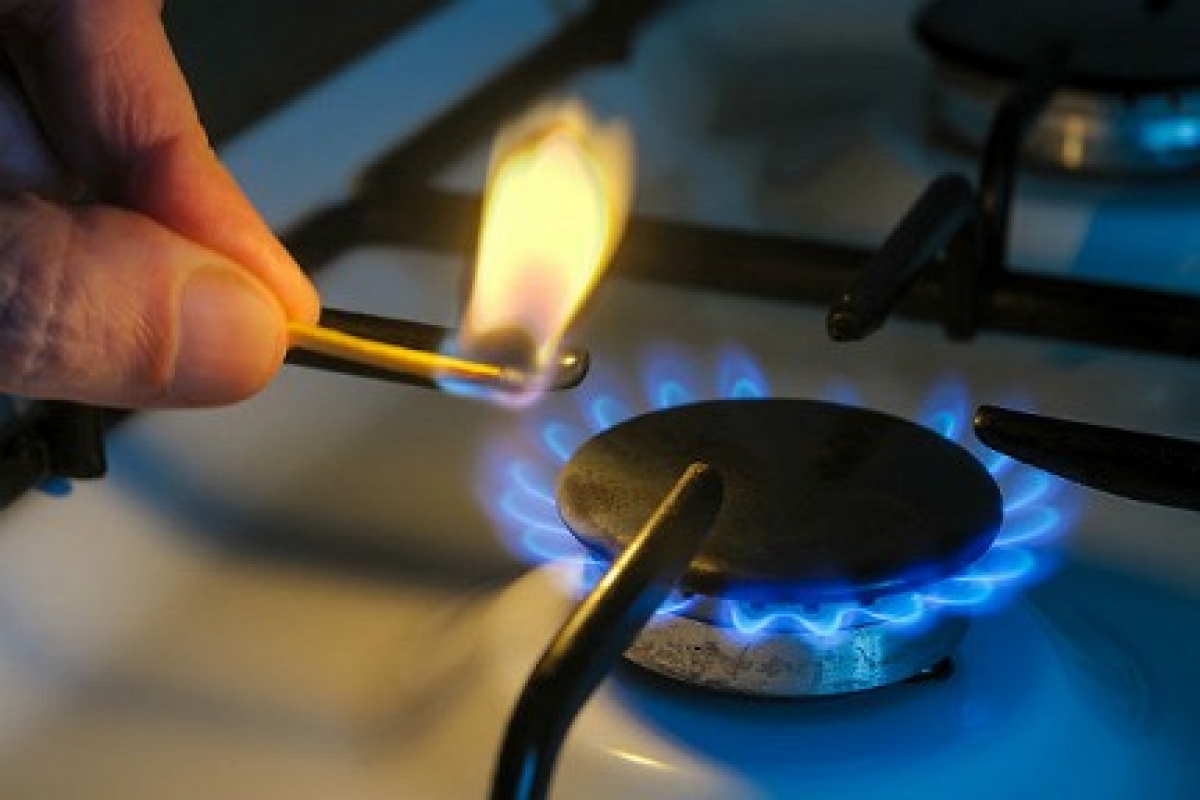Long-term benefits from reduced gas price will compensate for losses from cuts in oil supplies for Belarus
 The situation has not changed
The situation has not changed

Russia and Belarus have reached an agreement over gas price, which means the resumption of oil supplies, and gas price reductions in early 2017. Due to the oil and gas dispute, Belarus GDP dropped by at least 0.3%. Belarus will compensate for the losses from reduced oil supplies from savings on natural gas in 2017 and any additional revenue will be used to repay public debt.
Russo-Belarusian negotiations have ended in an agreement that Belarus settles arrears for natural gas totalling USD 281 million before October 20th, 2016. As of October 12th, 2016, Belarus revoked the increase in tariffs for the Russian oil transit through Belarus by 50%. In return, Russia will resume oil supply to Belarus – 24 million tons per year – after current debt is paid off entirely. Natural gas price for Belarus will remain as is until the end of 2016, however, Belarus will receive an inter-budgetary compensation, the amount of which has not been disclosed. As of January 1st, 2017, the Russian gas price for Belarus will amount to RUB 6,000 per 1,000 cubic metres.
Belarus has accumulated debt for natural gas due to the disagreement with the gas price and reduced payments to GazpromTransgasBelarus as of January 2016. In January – July 2016, 10.3 billion cubic metres of gas was supplied to Belarus worth USD 1.4 billion, of which Belarus paid only circa USD 1.1 billion. In response, Russia halved oil supplies to Belarus as of July 2016 – 1 million tons per month instead of 2 million tons per month. Hence, Belarusian refineries were not fully loaded, oil production reduced, wholesale trade dropped and negative trends in the Belarusian economy amplified. In addition, Belarus’ GDP declined by at least 0.3% due to cuts in oil supplies.
Cuts in Russian oil supply not only have deteriorated economic performance, but also have had a direct impact on the Belarusian budget. According to the existing agreement, export duties on exports of oil products produced from the Russian crude oil remained in the Belarusian budget were used to repay Belarus’ public debt. Russia supplies oil to Belarus at a price excluding export duties. By reducing oil supply by 4 million tons, Russia saved about USD 360 million on duties, which remained in the Russian budget. If preserved, higher cost of oil transit would not ensure significant compensation for Belarus.
In the long-run, thanks to the new gas agreement, which envisages new price for Russian gas for Belarus in 2017, taking into account the projected consumption at 20 billion cubic metres and exchange rate at RUB 67.5 per USD 1, Belarus may save up to USD 800 million in 2017 alone. This would cover losses from cuts in oil supplies, would allow repaying Belarus’ public debt, and would reduce the need in new loans.
Belarus has suffered some financial loss due to the prolonged Russo-Belarusian dispute over gas and oil issues. The reached agreement will allow compensating for losses from the cuts in oil supply, and reducing the need in external loans to service the public debt.
Subscribe to our newsletter




Situation in Belarus
Constitutional referendum: main consequences


 Video
Video
How to count the political prisoners: are the new criteria needed?


 Video
Video
Paternalism In Decline, Belarusian Euroscepticism, And The Influence Of Russia


 Video
Video











